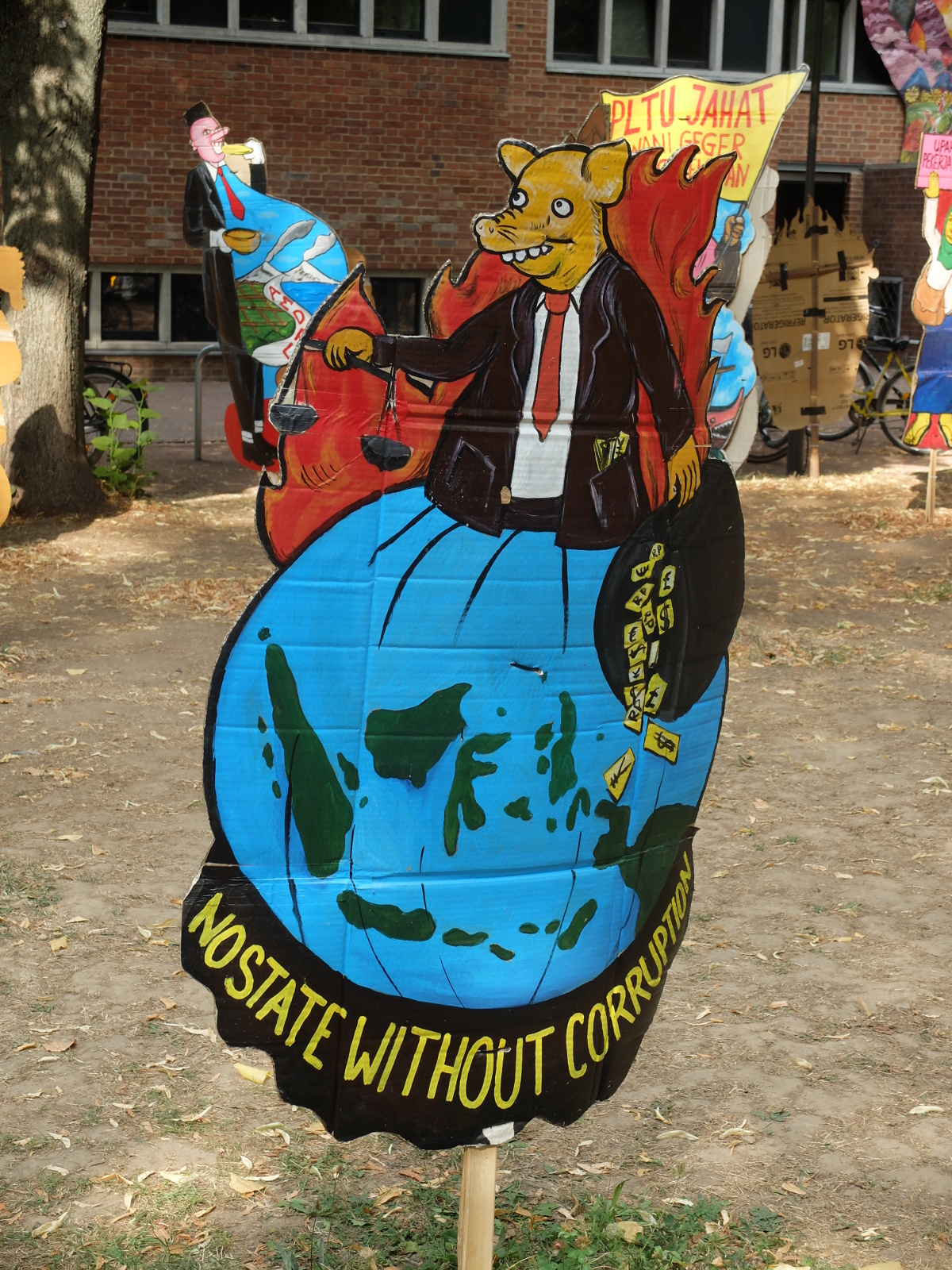“Seit 40 Tagen blockiert die ‘Letzte Generation’ Straßen, um eine andere Klimapolitik zu erzwingen. Die Stimmung ist aufgeheizt. … Was löst so viel Wut aus … ?
Es ist vermutlich der Etikettenschwindel, die Selbstüberhöhung und die anmaßende Verklärung zu Rettern, die als angeblich einzig Klarsichtige für das Überleben nicht nur der hiesigen Gesellschaft, sondern des ganzen Globus kämpfen.
Generell treffen Klimaanliegen in Deutschland ja auf Sympathie. … Der Unmut speist sich aus der Kluft zwischen der Selbstsicht der Protestierer und ihrer Wahrnehmung durch die Bürger. Dabei wollen sie die doch von ihrem Anliegen überzeugen.
Sie behaupten, ihre Aktionen seien gewaltfrei. Das empfinden die Menschen, denen sie mutwillig die Bewegungsfreiheit nehmen, anders. Verständlicherweise. … Das ist Nötigung, eine Straftat, also kriminell, sagt die Regierende Bürgermeisterin Franziska Giffey. Politisch erfahren, wie sie ist, hat sie die Witterung für die Stimmung längst aufgenommen.
Manche ihrer linken und grünen Koalitionspartner argumentieren nun, man dürfe den Protest ‘nicht kriminalisieren’. Auch das ist eine Tatsachenverdrehung. … Den Aktivisten stehen viele Formen des legalen Protests zur Verfügung. Niemand will deren Gebrauch bestrafen. Hier fordern umgekehrt Sympathisanten der ‘Letzten Generation’, Straftaten zu entkriminalisieren. Doch auch eine gute Absicht heiligt nicht rechtswidrige Mittel. …
Zweitens ist es eine autoritäre Anmaßung, wenn Menschen anderen Menschen vorschreiben wollen, was die zu tun oder zu lassen haben – zumal, wenn die, die sich zu Kontrolleuren aufschwingen, die Gesetze brechen, während die von ihnen Gemaßregelten sich an die vereinbarten Rechte und Pflichten halten. …
Deren Wut entzündet sich eher an der elitären Arroganz, die aus der Selbstinszenierung der ‘Letzten Generation’ spricht. …
Sie nimmt sich das Recht zur Selbstjustiz und vertraut darauf, dass der Staat die Opfer ihrer Blockaden hindert, ebenfalls zur Selbstjustiz zu greifen.
Die ‘Letzte Generation’ hat ihre Chance auf Verständnis in der breiteren Bevölkerung verspielt. Der Staat muss darauf achten, dass es ihm nicht ähnlich geht.”
aus: Christoph von Marschall: Etikettenschwindel der Letzten Generation: Der Protest ist nicht gewaltfrei, sondern arrogant, Tagesspiegel Online, 11.7.22, im Internet 
07/22




